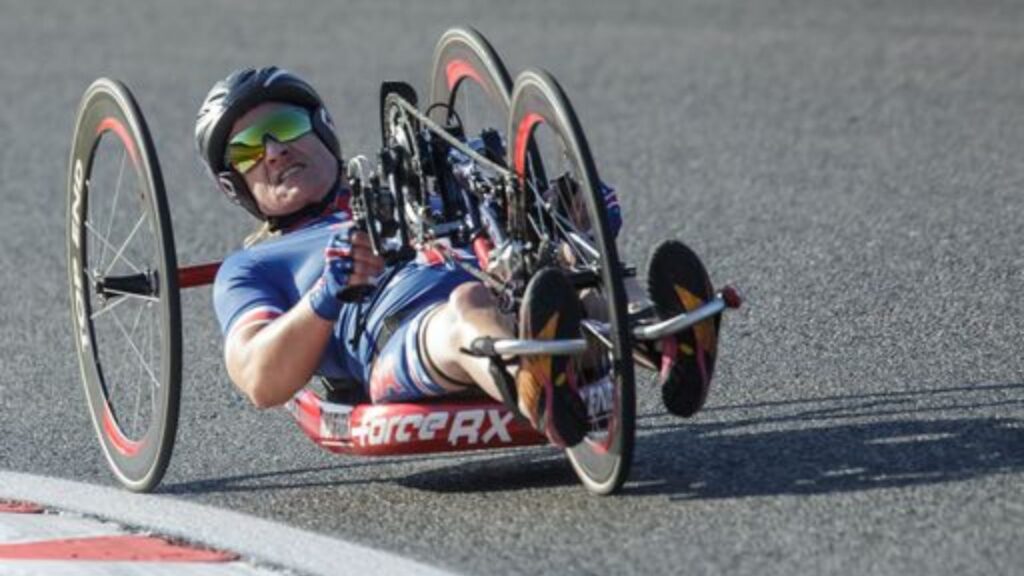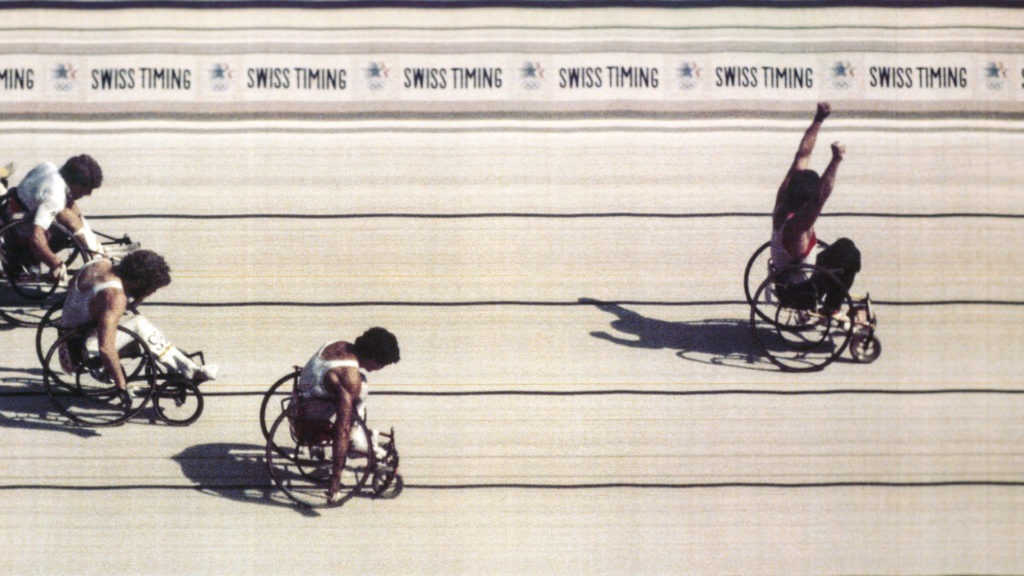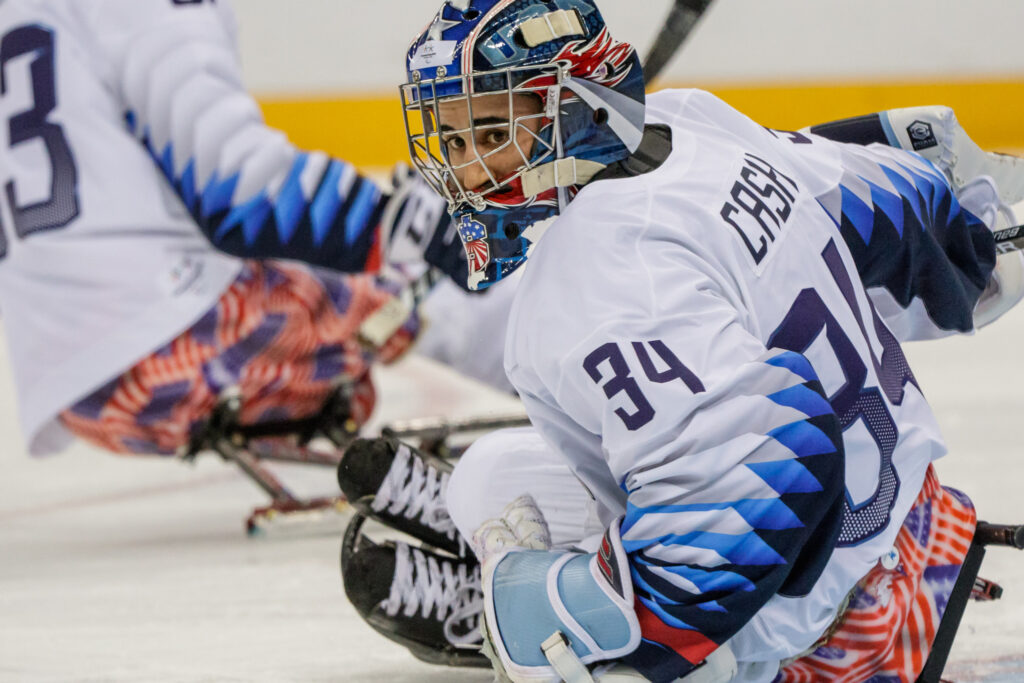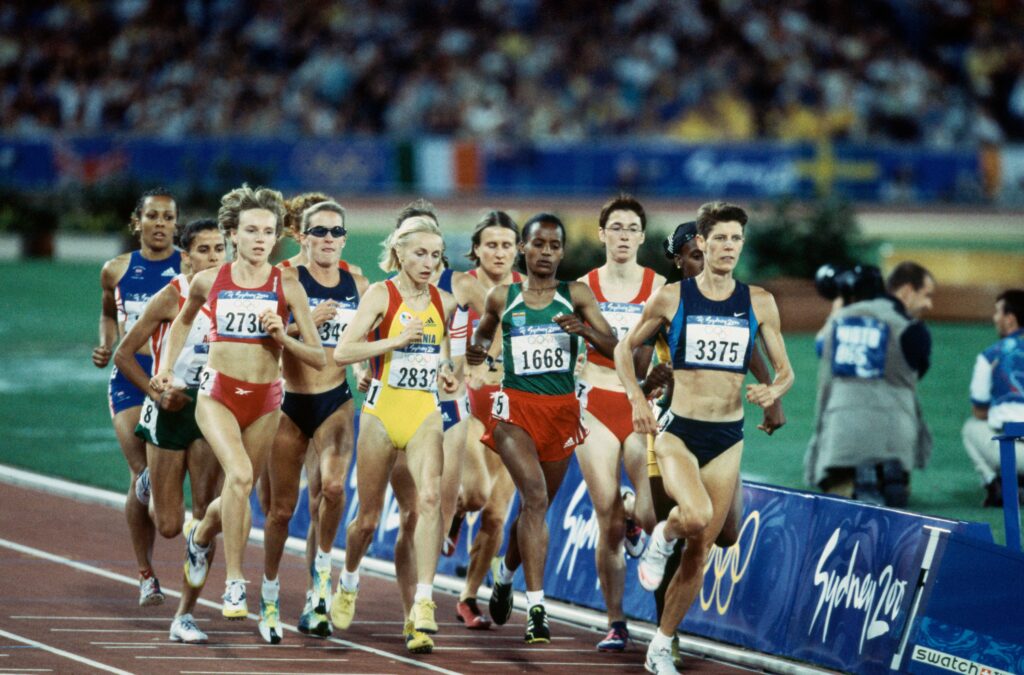Before enrolling at Acalanes High School, Donna de Varona had already set a world record in the 400-meter individual medley and, at 13 years old, been the youngest member of the U.S. Olympic Team at the Rome 1960 Olympic Games.
She was indeed a swimming prodigy.
De Varona swam in the preliminary heats of the 4×100-meter freestyle relay in Rome, but she did not swim in the final as the United States won the gold medal. Four years later at the Tokyo 1964 Olympic Games, though, she swam to gold, both in the 400 individual medley (in its Olympic debut, as opportunities for women struggled to match those for men) and in the 4×100 freestyle relay.
That led to de Varona being on the cover of Sports Illustrated and Life magazines and being named the world’s best female athlete by the Associated Press and United Press International. She had set 18 world-best times and/or world records.
And yet, her career was at a crossroads. College athletic scholarships were not readily available for young women and in order to receive any endorsement contracts she would have to give up her amateur status.
“So if I wanted to go to college, I had to stop swimming,” de Varona wrote in a first-person account. “I enrolled at UCLA. I got hired to represent the Speedo swimsuit company, and I began working for ABC as a commentator.”
De Varona’s role as an analyst on ABC’s Wide World of Sports was ground-breaking: She was the youngest and one of the first women in a network role. And it started her down a path that not inly included commentating on sports, but also as a trailblazer for gender equality. With tennis star Billie Jean King, de Varona co-founded the Women’s Sports Foundation. She later chaired the Women’s World Cup, served as head of government relations for the U.S. Olympic Committee, laid the groundwork for the World Anti-Doping Agency and received the Olympic Order from the International Olympic Committee for her contributions to sport.












